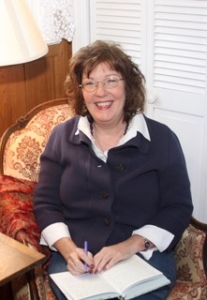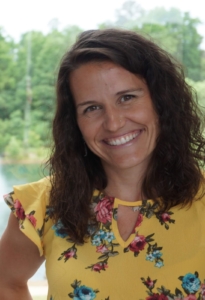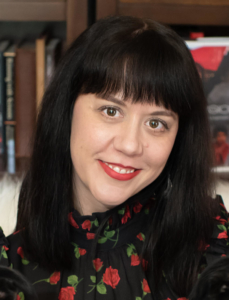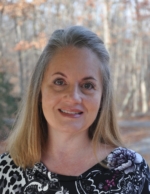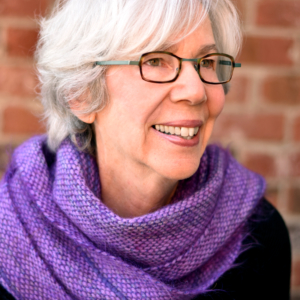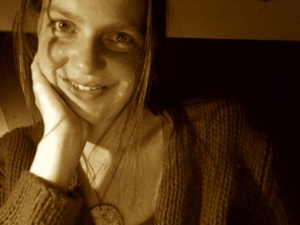My Creative Writing Journey Began at Charlotte Lit
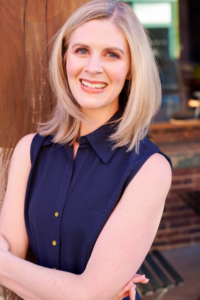 After not touching a pen for years since high school, I showed up to Charlotte Lit in 2017 for my first creative writing class. I had taken a recent medical leave of absence from my job, and decided to start exploring forgotten creative longings, which after years of neglecting were starting to take a toll on my physical health and well-being.
After not touching a pen for years since high school, I showed up to Charlotte Lit in 2017 for my first creative writing class. I had taken a recent medical leave of absence from my job, and decided to start exploring forgotten creative longings, which after years of neglecting were starting to take a toll on my physical health and well-being.
I showed up with the desire to write, but had little understanding of writer’s craft or discipline. I immediately felt invited into the spaces and classes created by the co-founders, Kathie Collins and Paul Reali. I began with an interest in personal essay and memoir writing, then moved into discovering my love of poetry.
I met wonderful teachers like Kathie Collins, Dannye Romine Powell and Gilda Morina Syverson that immediately made me seen and valued. One of the first Charlotte Lit events that I attended was a 4x4CLT with poets Jessica Jacobs and Nickole Brown. I was drawn to their authentic voices and lyricism.
Through Charlotte Lit, I was also introduced to contemporary poets like Marie Howe, Mary Oliver. Ross Gay, Ada Limón and Terrance Hayes. Charlotte Lit helped me draw connections to poetry that I loved in my youth—Shakespeare, Dickinson and Keats—and see how contemporary poets incorporated craft elements like imagery, sound, rhythm and metaphor into modern language.
Charlotte Lit also led me to other personal artistic and creative endeavors. I began doing morning pages after hearing about the book The Artist Way which opened me up to exploring fashion and modeling, essentially the freedom to explore creative play.
Eventually, through the writing guidance and instruction that I received during my time at Charlotte Lit, I began to have some of my poems published. Now, I am currently working on my first chapbook through the Poetry Chapbook Lab.
I am grateful that I found a refuge in Charlotte Lit during a very difficult season of my life, which managed to help me during my own recovery and writing life. I found an entire community of people that are interested in similar ideas to me—poetry, mythology, beauty, mystery and the way language can help us describe the ineffable, both the joy and suffering in life.
Now, I am excited about coming aboard as Program Director to continue growing Charlotte Lit’s program offerings to the Charlotte community. I believe in the power of storytelling, and how literature brings us into conversations around belonging, empathy and personal/communal healing. I hope to infuse my passion for creative writing and strategic visioning by expanding the already vibrant list of Charlotte Lit’s programs to reach a growing and diverse audience of engaged writers and readers.
Below is one of the first poems that I had published, my first draft written during a poetry workshop that I took with Danny Romine Powell. The poem first appeared in Tipton Journal Issue 45.
Elegy for a Traveling Consultant
That year I worked in Philadelphia,
and I cried each time I packed my suitcase.
On the Mondays that ended early,
I strolled through Macy’s
sashaying through glittery shoes,
on ivory marble floors,
the Wanamaker Organ jolting
me from a phantom reel.
The evening recital became my respite
from a life that felt borrowed –
Walnut Street, Palomar Hotel,
mandatory happy hours,
snow falling in late March,
alone in my bedsheets.
Most days, I walked to the office,
except when rain showers soaked
the black and gold leather Tory flats
that a decade later, rest in my closet.
When summer arrived,
I ran through the city at night
like a breathless fugitive
down by the humid river
that made it feel hotter
than the South
where I longed to be back home.
Brooke Lehmann is Program Director at Charlotte Lit. She would love to hear your thoughts on our programming. Things you love? Things you’d like to see? You can reach her at brooke@charlottelit.org.

